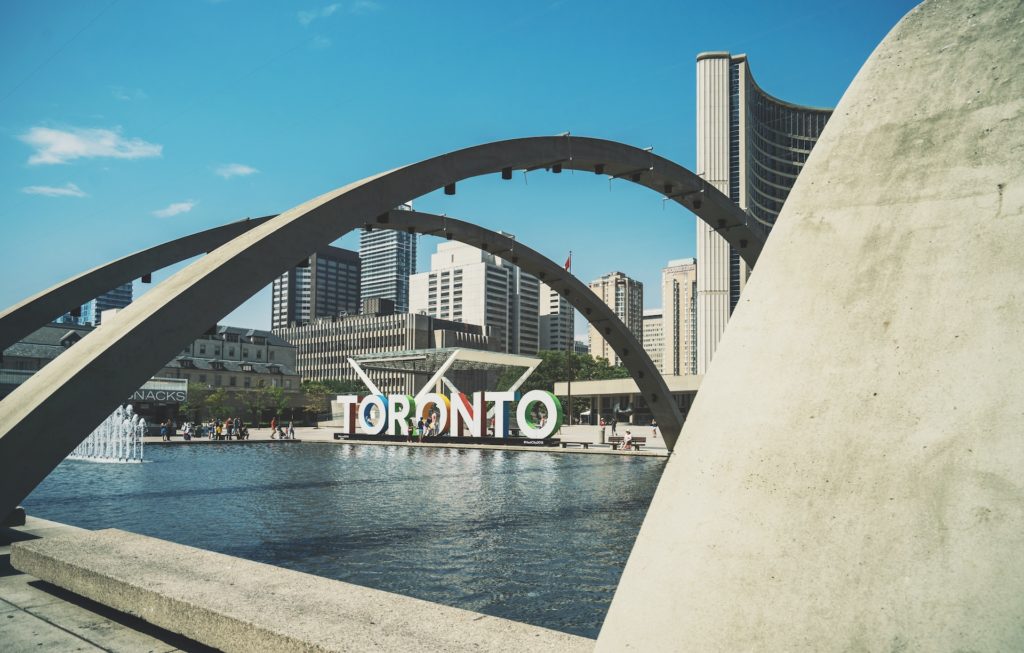Canada is a highly safe country, and its high standard of living attracts a lot of expats.
Montreal, Toronto, and Vancouver, which have the greatest expat populations in Canada, are home to multicultural communities that are accepting of people from different cultures and accustomed to socializing with them. No matter where you live, you may take advantage of the country’s outdoor lifestyle, affordable cost of living, and excellent healthcare system. Additionally, it offers high-quality, free education and welcomes property ownership.

Accommodation in Canada
Although housing in Canada is modern and comfortable, finding a place to live can be tough. Do some market research before moving and be prepared to sign a short-term lease while looking for something more long-term. Expat families often live in a satellite town or the suburbs. The majority of expats rent, but foreigners can easily purchase a home.
Because there are few residences available and prices range widely, it is recommended to contact an estate agent. To avoid paying their charge, go online and study the real estate sections of local newspapers.
Rent will be cheaper the further you are from a metropolis. The majority of places have some form of heating and cooling.
Local culture in Canada
Most expats don’t have a problem with cultural differences because Canada is a melting pot of cultures, especially if you’re from the West. The British colonial provinces and Quebec, a francophile province, however, have different histories.
More than 60% of people in the Canadian province of Quebec speak French as their first language, so there may be circumstances in which being fluent in French is advantageous.
It could take some time to get used to Canada’s size and the isolation of some places. Cities are far apart, and traveling from the Atlantic to the Pacific coast is almost as far as traveling from the UK to Saudi Arabia. The majority of the north cannot be reached by road.
Education in Canada
Canada lacks a centrally managed educational system, therefore each province or territory is responsible for running its schools. Both public and private schools are held to a high standard, and there is a wide array of options. Children are required to attend school until the age of 16, while some regions have raised this age limit to 18. With holidays for Christmas and Easter, the academic year lasts from September to June.
Public schools
It is free to enroll your kids at a local public school if you have a residence permit. Except for Quebec, where the majority of lessons are taught in French, and New Brunswick, which has a dual French and English education policy, all classes are taught in English across the nation.
Private schools
The majority of expats are content to use the free public education system, but there are also many private options available, including military schools, institutions for children with special needs, and institutions with a particular religion. Private school tuition is frequently highly expensive.
Homeschooling
In Canada, because there are so many outlying regions, homeschooling is very common. It is provincially governed, just like the public education system, and there are supports in place for parents who prefer to educate their children at home.
International schools
You can discover foreign schools that teach French and German curricula or the International Baccalaureate in the majority of the larger cities. Long waiting lists, stringent entry requirements, and expensive fees are all present.
Maintaining contact in Canada
In Canada, mobiles are referred to as cell phones. In an extremely competitive market, there is no shortage of providers, and the majority of customers select bundles that combine WiFi and cable TV.
Except for very rural areas, there is decent mobile coverage everywhere. Due to the high cost of international roaming, you should switch as soon as you can to a local carrier.
Rogers Cable, Distributel, and Videotron are three of Canada’s leading internet service providers. There are many WiFi hotspots in hotels and airports, and public libraries offer free access.
